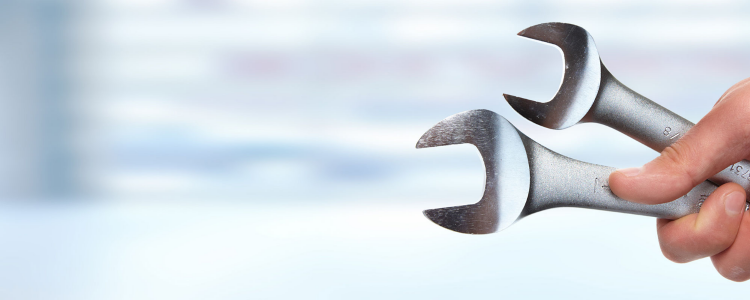Why Medical Vacuum Pump Maintenance Is Critical for Healthcare Facilities
Medical vacuum pumps are essential for maintaining cleanliness, infection control, and proper suction in hospitals and clinics. But even the most reliable systems require routine maintenance to operate safely and efficiently. Proper medical vacuum pump maintenance helps prevent contamination, extend equipment life, and avoid costly downtime—making it a must for any facility delivering patient care.
What Does a Medical Vacuum Pump Do?
A medical vacuum pump supports a range of life-saving and hygiene-critical functions, including:
-
Suction during surgical and dental procedures
-
Removal of aerosols, waste, and biohazards
-
Filtration and ventilation for sterile environments
-
Support for NFPA 99 medical gas system compliance
When properly maintained, your pump helps ensure safety for patients, staff, and sensitive equipment alike.
Key Areas of Focus in Medical Vacuum Pump Maintenance
Preventive maintenance isn’t just about avoiding failure—it’s about ensuring consistent performance and compliance. Below are the most important components to monitor in your medical vacuum pump maintenance plan:
1. Inspect Power Supply and Grounding
Start by checking the pump’s power source. Inconsistent or interrupted power can cause performance issues or unexpected shutdowns.
Maintenance Tips:
-
Check for damaged or frayed power cords
-
Ensure proper grounding and amperage
-
Verify that no obstructions or loose connections exist
2. Clean and Inspect Rotary Vanes
Most medical vacuum pumps rely on rotary vane mechanisms to create suction. These vanes must be clean and in good condition to maintain proper vacuum levels.
Maintenance Tips:
-
Clean rotary vanes regularly to remove buildup
-
Check for bending, wear, or breakage
-
Replace vanes if they show signs of damage
3. Check Rotor Bearings
Worn or cracked bearings can lead to noisy operation, mechanical failure, or reduced suction power.
Maintenance Tips:
-
Inspect for surface cracks or deformation
-
Listen for unusual noise or vibration
-
Replace bearings promptly if wear is detected
Why Preventive Medical Vacuum Pump Maintenance Pays Off
When healthcare facilities invest in proper vacuum pump maintenance, they benefit from:
-
Increased reliability and uptime
-
Better infection control and air quality
-
Extended equipment lifespan
-
Improved patient and staff safety
Regular maintenance also ensures compliance with NFPA 99 standards, protecting both your facility and your reputation.

